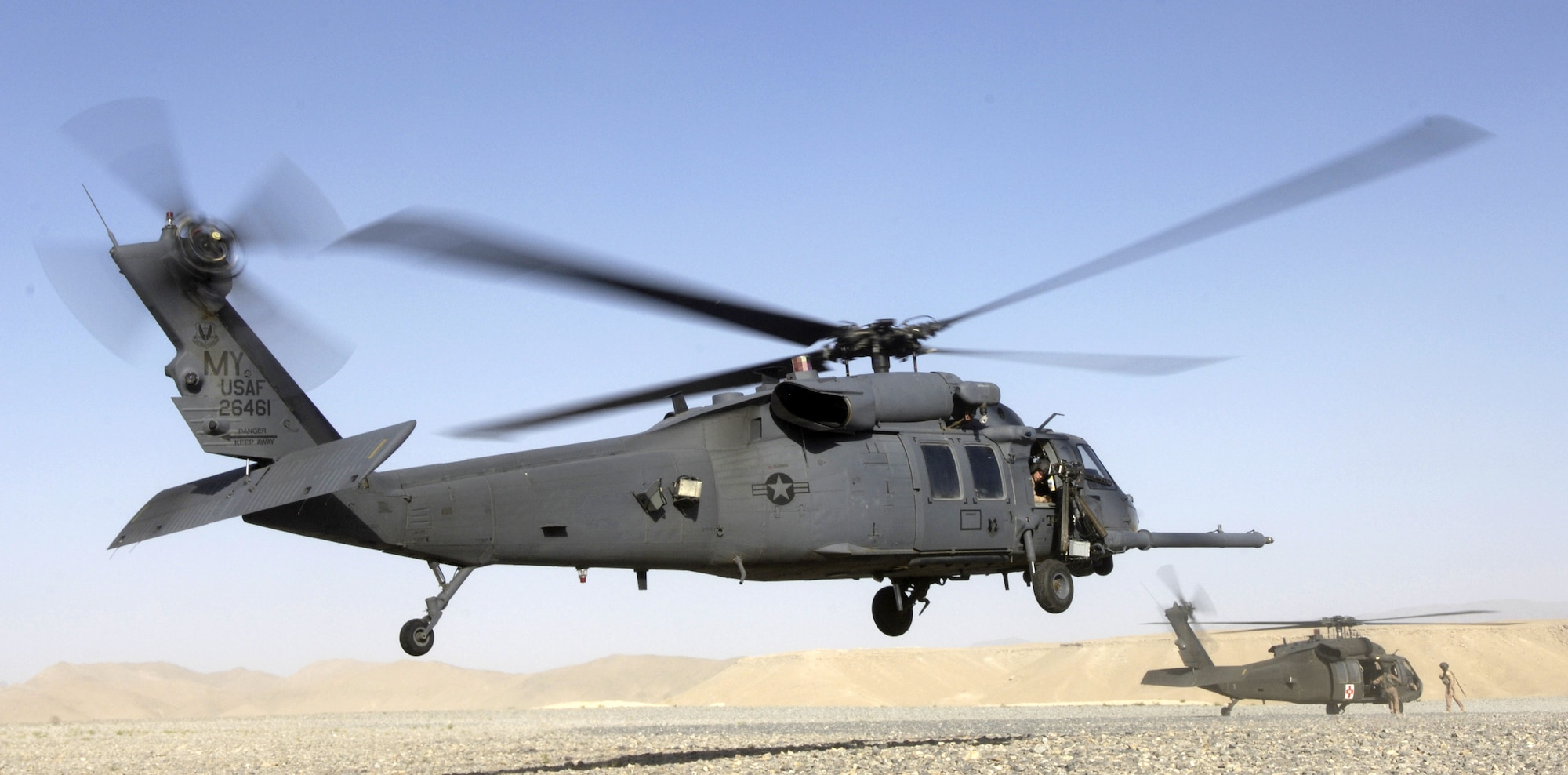The Influence of Sustainable Practices on the Future of Airplane Procedures and Emissions Decrease
As the aeronautics sector faces raising scrutiny over its environmental impact, the adoption of lasting practices arises as an essential path towards future airplane operations and discharges reduction. Innovations in sustainable aviation fuels and improvements in crossbreed propulsion technologies stand at the forefront of this change, appealing significant decreases in greenhouse gas discharges.

Review of Sustainable Practices
Lasting methods in aircraft operations encompass a variety of methods focused on reducing ecological influence while keeping functional performance. These methods are vital in the aviation sector's commitment to reducing its carbon impact and sticking to global environmental criteria. Key efforts include maximizing flight courses to reduce gas consumption, enhancing maintenance procedures to ensure aircraft operate at peak performance, and implementing innovative innovations such as winglets and lightweight materials that improve the rules of aerodynamics.

Engaging and training team on sustainability methods also play an essential duty, cultivating a culture of ecological obligation within organizations. On the whole, the assimilation of these sustainable practices not only helps in reducing emissions however also improves the long-lasting feasibility of the air travel field, ensuring it satisfies the demands of both clients and regulatory bodies while adding to international sustainability objectives.
Innovative Fuel Alternatives
Many ingenious gas choices are arising as pivotal services to decrease the air travel market's reliance on conventional fossil fuels. Among these options, Sustainable Aviation Fuels (SAFs) have gained significant attention as a result of their possible to reduce lifecycle greenhouse gas discharges by as much as 80% compared to conventional jet fuels. SAFs are stemmed from various feedstocks, including waste oils, farming deposits, and also algae, making them a flexible option for the industry.
Another encouraging option is hydrogen fuel, which, when used in gas cells, creates only water vapor as a byproduct. This zero-emission potential presents a significant possibility for decarbonizing flight operations, specifically for short-haul trips and regional aircraft. In addition, electrical propulsion systems are being checked out, leveraging battery technology to power airplane. While present battery capacity restrictions range and payload, recurring improvements may quickly make electric trips feasible for particular applications - uh 60.
Last but not least, biofuels obtained from biomass are being investigated, supplying a sustainable option that can be mixed with traditional gas. Collectively, these cutting-edge fuel choices represent a critical step towards accomplishing a lasting air travel ecological community, aligning with worldwide exhausts reduction targets and improving the industry's environmental stewardship.
Technical Developments in Aeronautics

Just how can technological improvements reshape the future of air travel? The assimilation of advanced modern technologies is pivotal in transforming airplane operations, improving performance, and reducing discharges. Technologies such as electric and hybrid propulsion systems go to the forefront, appealing substantial decreases in fuel usage and greenhouse gas discharges. These systems take advantage of innovations in battery innovation and power administration, enabling aircraft to operate with a reduced ecological footprint.
Furthermore, the implementation of innovative materials, such as lightweight compounds, contributes to improved the rules of aerodynamics and fuel performance. Making use of expert system and artificial intelligence in trip operations enhances route planning and minimizes fuel melt by enabling real-time changes based upon weather and traffic problems. Additionally, the advancement of independent and from another location piloted airplane systems stands to transform freight and you could try this out passenger transportation, possibly increasing performance while reducing human mistake.
Furthermore, lasting aviation modern technologies, including innovative air traffic administration systems, can minimize and improve procedures blockage, resulting in lower emissions during flight. These innovations collectively represent a paradigm shift in air travel, assuring a future where sustainability and operational effectiveness are linked, thereby sustaining the industry's dedication to decreasing its ecological influence.

Governing Structure and Conformity
In light of the expanding emphasis on environmental stewardship within the aviation sector, the regulatory framework controling airplane procedures is advancing to promote sustainable methods. Regulatory bodies, such as the International Civil Aviation Organization (ICAO) and various nationwide aeronautics authorities, are presenting rigorous standards targeted at minimizing discharges and improving operational efficiency.
These regulations frequently include the fostering of Lasting Aviation Gas (SAF), which has actually been acknowledged as an essential component in achieving reduced carbon impacts. Compliance with these laws needs airlines to apply functional methods and advanced modern technologies, such as optimized trip paths and boosted air web traffic management, to lessen fuel intake.
Furthermore, the enforcement of exhausts trading plans and carbon countering efforts is becoming progressively prevalent, engaging airline companies to keep an eye on and report their emissions properly. Non-compliance can lead to substantial penalties, hence pushing drivers to focus on sustainability in their company versions.
Ultimately, the advancing regulatory landscape not just drives innovation and investment in environment-friendly technologies but also fosters a society of responsibility within the aviation sector. As these structures proceed to create, the concentrate on lasting practices will certainly be indispensable to achieving the industry's lasting environmental goals.
Future Patterns in Airplane Operations
As the aviation market adapts to a significantly stringent regulative atmosphere, future fads in airplane operations are set to concentrate on cutting-edge solutions that even more improve sustainability and effectiveness - uh 60. Trick growths will likely include the fostering of innovative air traffic management systems, which use real-time information and expert system to optimize flight paths, decreasing fuel usage and discharges
One more considerable fad is the boosted integration of sustainable aviation fuels (SAFs) These alternatives to conventional jet fuel, derived from renewable sources, can significantly lower lifecycle greenhouse gas emissions. The industry's commitment to SAFs will likely accelerate as airline companies team up with gas manufacturers to Home Page make sure schedule and cost-effectiveness.
Furthermore, the push towards electrification and hybrid propulsion systems is gaining momentum. Arising airplane layouts will include these modern technologies, providing quieter and extra reliable procedures, particularly for short-haul trips.
Verdict
The fostering of lasting aviation fuels, combined with improvements in hybrid and electric propulsion systems, is crucial for lessening lifecycle greenhouse gas exhausts. Optimizing flight courses and embracing ingenious innovations add to a quieter and more eco friendly air travel industry.
Advancements in sustainable aviation fuels and innovations in hybrid propulsion technologies stand Learn More Here at the forefront of this improvement, appealing substantial reductions in greenhouse gas exhausts.Countless innovative gas choices are emerging as crucial services to lower the air travel market's reliance on traditional fossil fuels - uh 60. Amongst these options, Lasting Aviation Gas (SAFs) have acquired substantial interest due to their potential to reduce lifecycle greenhouse gas emissions by up to 80% compared to traditional jet fuels.One more significant trend is the raised integration of lasting aviation fuels (SAFs) The fostering of lasting air travel fuels, combined with innovations in hybrid and electrical propulsion systems, is vital for reducing lifecycle greenhouse gas exhausts